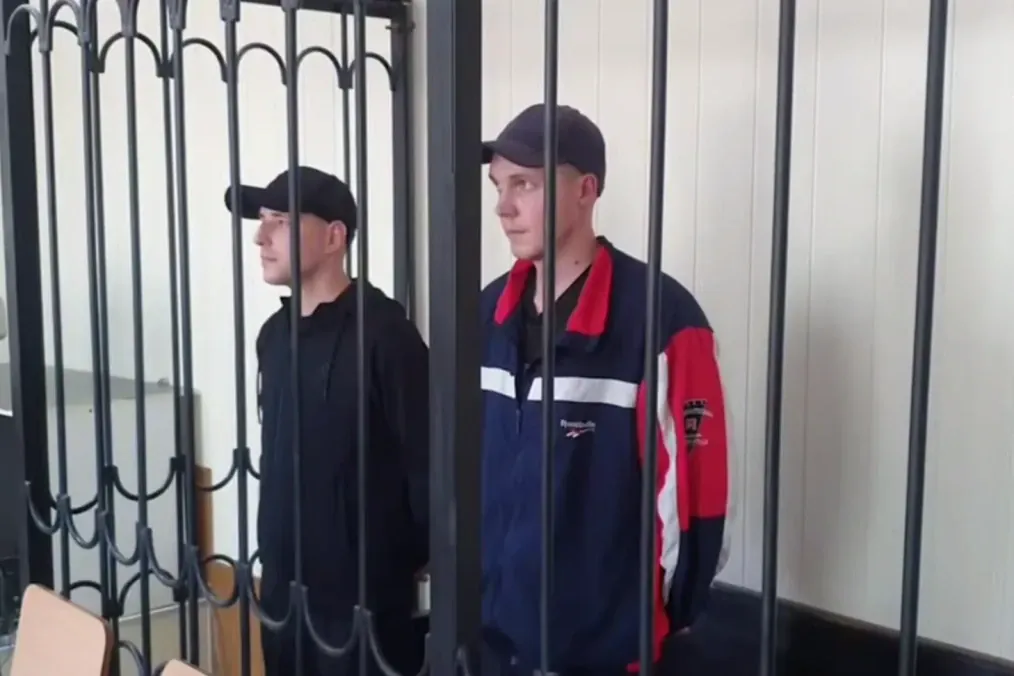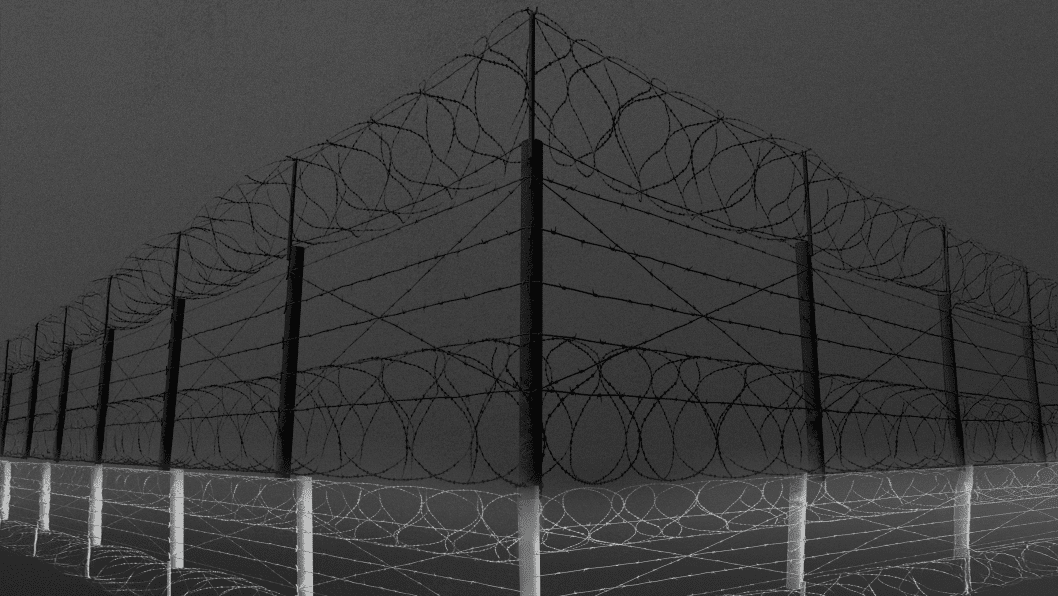- Category
- Latest news
Russian Court Sentences Two Azov Fighters to 24 and 26 Years in Sham Trial

A Russian court has sentenced two Ukrainian servicemen to 24 and 26 years in prison, respectively, on charges of allegedly killing residents of the self-proclaimed “Donetsk People’s Republic ” (DNR).
This was reported by TASS on June 9, citing Russia’s Investigative Committee.
According to the committee, Ruslan Orlov and Artem Novikov, identified by Russian authorities as members of the Azov Brigade, were “found guilty” under two articles of Russia’s Criminal Code:
Cruel treatment of civilians and the use of methods prohibited under international treaties during armed conflict;
The murder of two or more individuals committed by an organized group, allegedly motivated by political and ideological hatred.
These charges have not been independently verified, and the trial is widely seen as part of Russia’s broader campaign to criminalize Ukrainian resistance.
According to investigators, in April 2022, Orlov and Novikov allegedly encountered three men in Mariupol who were “not involved in the armed conflict.” Believing the men to hold pro-Russian views, the two servicemen reportedly opened fire, allegedly shooting them multiple times with firearms. All three men were said to have been fatally wounded.

The status of “prisoner of war” is a legally protected designation under international law, with defined rights and criteria.
The trial of prisoners of war is legal only under strict conditions defined by international humanitarian law, particularly the Third Geneva Convention of 1949. Under the Convention, POWs may be tried if they are accused of war crimes or other serious criminal acts not justified by their status as lawful combatants, such as killing civilians or torture.
However, these trials must adhere to specific safeguards to ensure fairness. The proceedings must be conducted by a regularly constituted court, and the accused must be guaranteed judicial rights. These include the right to a fair and impartial trial, access to defense counsel, and the ability to appeal the decision. Additionally, if necessary, translation and interpretation services must be provided to ensure the POW understands the process.
On April 16, a court in Russian-occupied Donetsk sentenced three Ukrainian prisoners of war to nearly 24 years in a penal colony.

-f88628fa403b11af0b72ec7b062ce954.jpeg)







-72b63a4e0c8c475ad81fe3eed3f63729.jpeg)